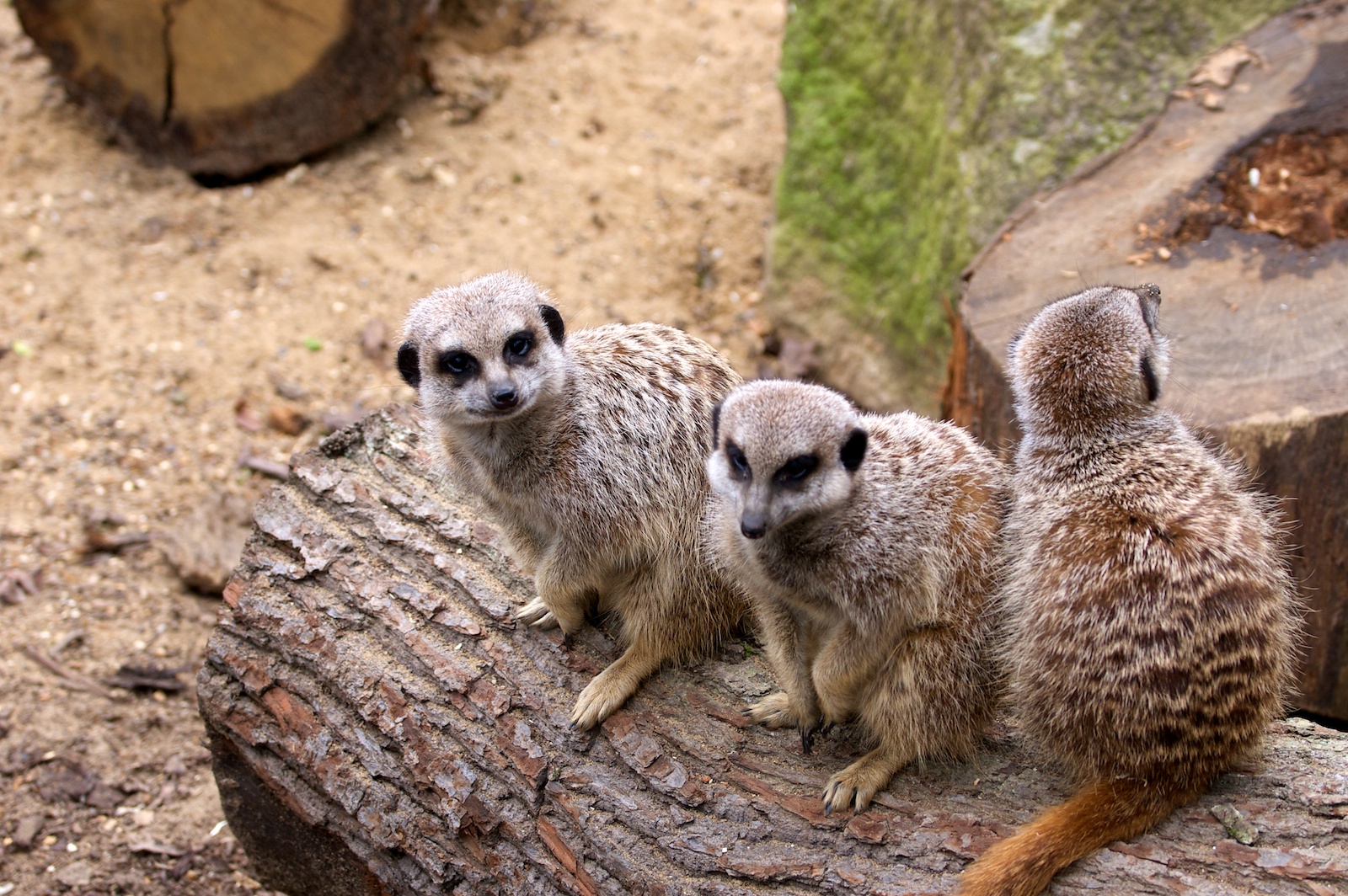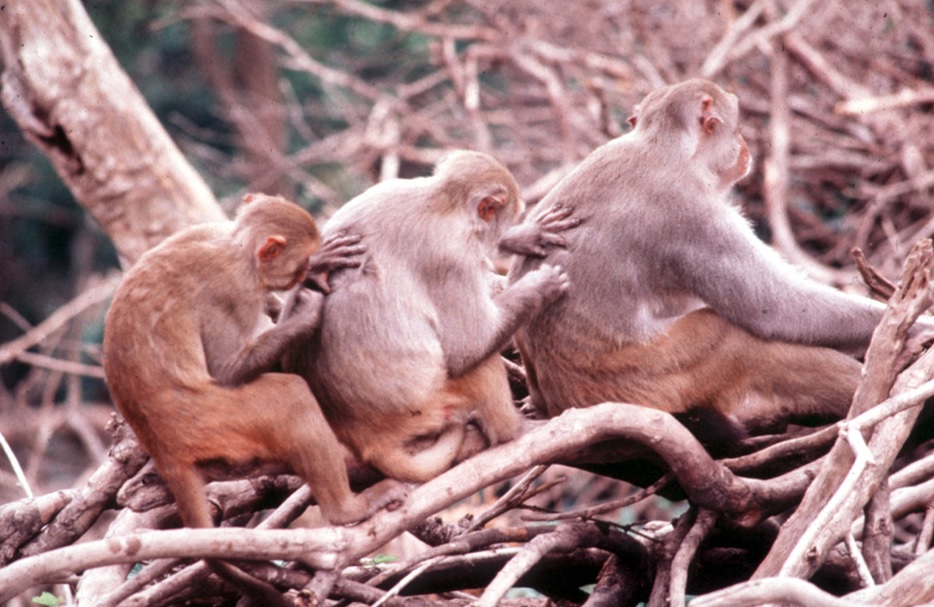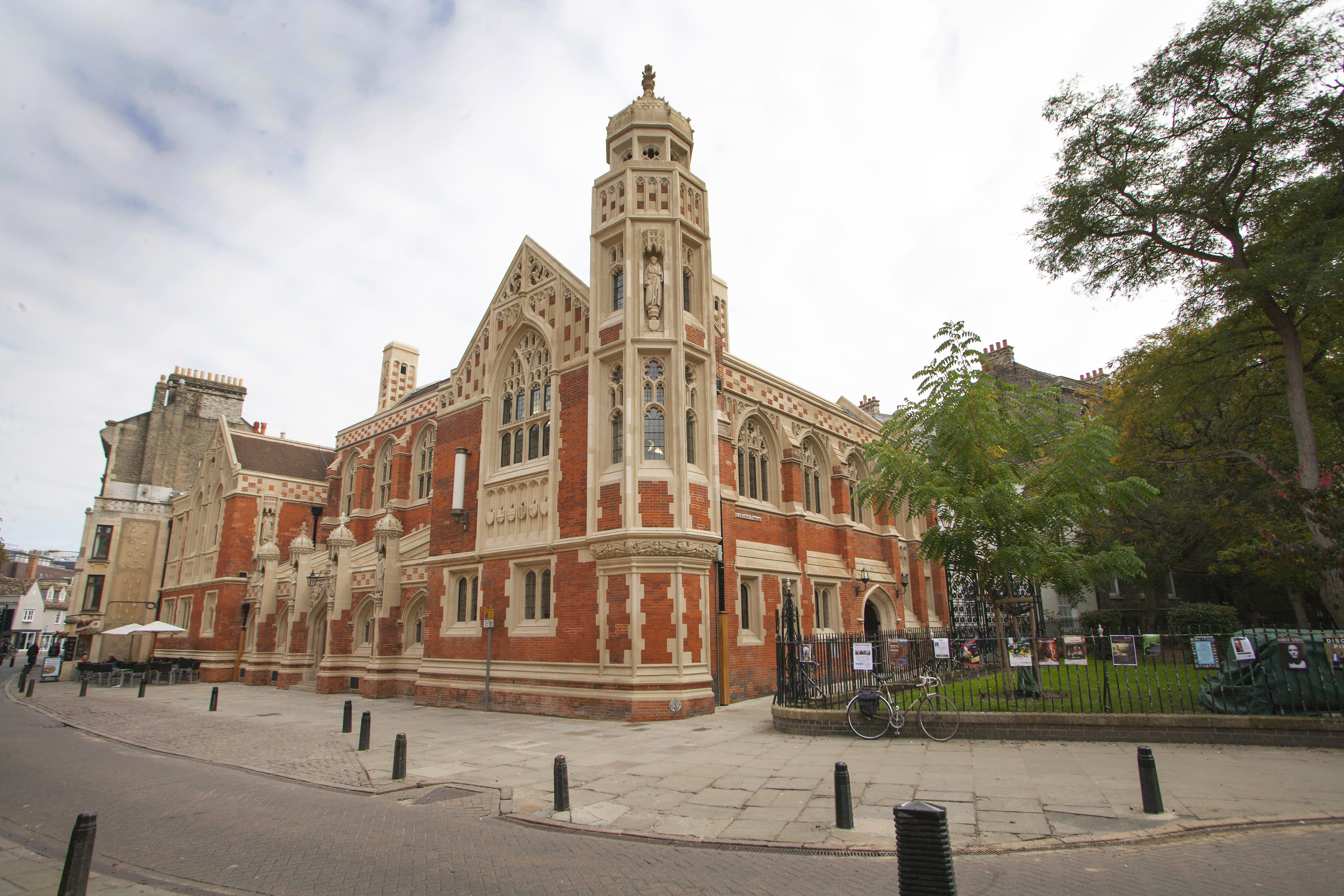International conference at St John’s to examine how social inequalities make people ill
The day-long conference will feature talks and discussions with speakers from the UK, Europe and the US
Health lessons humans can learn from other social mammals will be the focus of a free conference at St John’s next month.
The St John’s College Reading Group on Inequalities in Health will host the international event in the Old Divinity School on June 1 and it is open to all.
The day-long conference will feature talks and discussions with speakers from the UK, Europe and the US on social inequalities, applying what can be learned from other social mammals to human health.

Social mammals such as Meerkats have much to teach us about inequalities.
“We live in one of the most socioeconomically unequal countries in the developed world and this conference addresses how deprivation links to ill health”
Professor Ann Louise Kinmonth, organiser of the conference, said: “We live in one of the most socioeconomically unequal countries in the developed world and this conference addresses how deprivation links to ill health.”
She co-founded the St John’s College Reading Group on Health Inequalities in 2014, which brings together scholars from a range of disciplines to discuss inequalities in human health and how they arise. They meet once a term to review papers presented by members or guests.
Their next conference, titled Comparative perspectives on social inequalities in life and death, is free and open to all although registration is required.
The idea to host the interdisciplinary conference began when Professor Tim Clutton-Brock, from the Department of Zoology in Cambridge, and Professor Stephen Suomi, from the Laboratory of Comparative Ethology in Bethesda USA, spoke to the Reading Group in 2016.
Their research focuses on the causes of reproductive and social success, including how mothers rear infants and the role of natural selection among social mammals from meerkats to monkeys. Both professors will speak at the upcoming conference at St John’s.

Research on social mammals such as monkeys inspired the topic of the conference. Photo by Stephen Suomi
"We all know that human disease is strongly patterned by social context. The important questions are why, how and what can we do about it?”
Professor Ann Louise Kinmonth added: “Studying the lives of other social mammals can take us beyond the lifestyle issues often considered important in linking deprivation to poor health in humans and towards a deeper understanding of interactions between the biological and the social, and their impacts on life and death.”
These issues are important for both academics and medical practitioners as inequalities in human wealth and health are on the rise globally. Professor Kinmonth reflected on her own practice and the need for new social policy initiatives to alleviate inequality and prevent ill health.
She said: “As a GP I saw every day how illness plays out against the biological and social resources of the individual and their community but while lifestyle clearly matters, I felt keenly the limitation of simply advising patients to stop smoking, lose weight and, drink less alcohol, to prevent ill health. We all know that human disease is strongly patterned by social context. The result is a social gradient in health – the lower the social position, the worse the health. The important questions are why, how and what can we do about it?”

The conference will take place at the Old Divinity School in St John's College. Photo by Ben Lister.
The conference addresses these questions from a comparative perspective and will feature talks and discussions from the fields of sociology, biology, ethology, and evolutionary ecology. Work in these disciplines often proceeds in isolation and the conference aims to bring disciplines together, question their assumptions, and provide the audience with fresh perspectives on health inequalities, whatever their background.
The day will end with a public lecture in honour of the late Professor Robert Hinde CBE FRS FBA and former Master of St John’s, titled Development of social behaviour in children from infancy: Neurobiological, relational and situational interactions. Professor Hinde was a supporter of the Reading Group, and the lecture will address one of his particular interests; the development of pro-social behaviour in children from infancy. It will be given by Marinus van IJzendoorn and Marian Bakermans-Kranenburg from the University of Leiden, The Netherlands.
Tickets for both events are free, but registration is required.
More information and tickets for the conference and the public lecture.